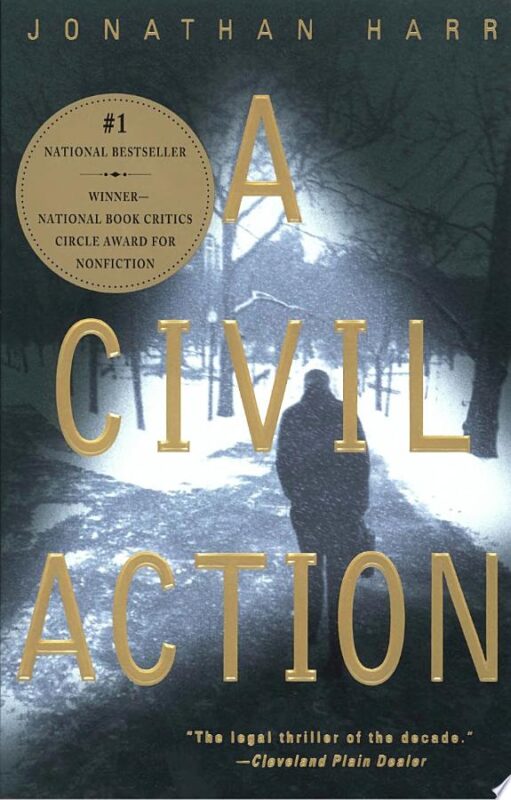Not All Whore Attorneys Are Attorney Whores
There are some whore-attorneys, and whores who are trying to become one of us; these are attorney whores, too, though in a different sense. (Of course, one could be both at the same time. The willingness to do virtually anything for a client is not illegal and not by itself unethical. The ancient profession of whoring for money (or being an actual whore or a real courtesan) is illegal most everywhere (except for Nevada, only or mostly?), and it is unethical for lawyers, precisely because it is illegal (“Unethical” here means, contrary to rules of professional conduct.).
Upon reflection, this point is not just a “maybe-point.” Plainly, someone who was a prostitute–as more proper and “lady-like” language would put it–before becoming a lawyer and then, having become a lawyer, continues her earlier profession, and and is admitted to a large “white shoe” firm, should be called a “courtesan,” or perhaps a “call girl.” as opposed to simply a “whore” or an “attorney-prostitute.” (The last one especially should be avoided, since many lawyers are accused of prostituting themselves.)
How should these folks, to use the language of BOB, our President, be treated by the Bar, as opposed to a bar?
Ethics amongst lawyers can be a complex matter. Sexual involvements–trysts–may not be unethical with a client but is probably unethical if performed with or on a client, though not for, and the fee is concealed within the hourly bill for other services, though, only with the consent of the client. Besides the dangers of this sort of thing creating new vistas of conflicts of interests and misrepresentations to clients, it is probably always forbidden by judges and litigants before them, judges and lawyers before them lawyers and the clients of opposing counsel, prosecutors and defendants, lawyers and supposedly objective witnesses, lawyers and jurors
From a practical point of view, the case may be more difficult to be certain about when it is counsel and opposing counsel, especially in appellate courts, where there is so much restraint anyway.
She apparently paid for law school as a “working girl.” She hadn’t done well in law school, so she had to start a solo practice, a fate that one of my partners in conversation thought manifested seductive irony. In any case, the child did not have enough money to make a go of her new found profession; She could not even afford to buy low-level supplies, much less create a high-tech paperless office. As a result, she practiced her first trade on local trade’s men, in exchange for paper, etc.
Unfortunately, she got caught. My understanding is that the local prosecutor tried to sweep the matter under the table, God knows why, and she was not seriously disciplined. Alas, our heroine who could leave her first profession, and returned to her wicked ways, was caught again, and this time disbarred.
What is interesting about this tale (and some of it is exactly that) is that she was not disbarred for whoring, but for lying to the Bar by what she said and what she did not say in sworn statement to it. It was not even for what she had done or what she had left undone. (It was not because she had in help, health, or good in her.)
Now, what is the moral of this story? First, lawyers lying to the Bar regarding questions legitimately asked cannot be permitted. The question then becomes “Have you ever exchanged sex for money a legitimate question?” Second, surely the Bar should be able to ask about criminal activities. The question then becomes, “What criminal conduct should be left off the Bar’s questions?” Embezzlement stays. Jay walking have never been asked? Prostitution goes? Third, maybe prostitution should be cancelled out as a criminal offense. After all if prostitution were not illegal, our child’s problems would not have arisen. If it is permitted, why not sex-for-sale?
The ABA should forthwith undertake a public campaign to eliminate prostitution as a criminal offense. If it were to accomplish this, the story told here–one that is really a tragic story, contrary to my conversational friend’s callous worship of the values of stand-up comedy. What is happening to encouraging the American dream? What if this narrative involved a person from an ethnic minority trying to struggle out of the abyss of poverty?
Obviously, given the last paragraph, it’s in the ABA’s interest to follow this course. Besides, this will increase the role of the Bar as an organization filled with instinct of charity. Bars–bar associations–already have a reputation for looking after their own, at least through the courts themselves. (Of course, their are narrow exceptions, worthy to be sure.) If the Bar is to tolerate lawyer whoring, then surely it would be in its “publicity interests,” if nothing else, to let whores becoming lawyers, even if not permitting lawyers to actually be literally whores while practicing. I even think it might want to look the other way, at least, when the despised revenue is purchased paper.






Recent Comments